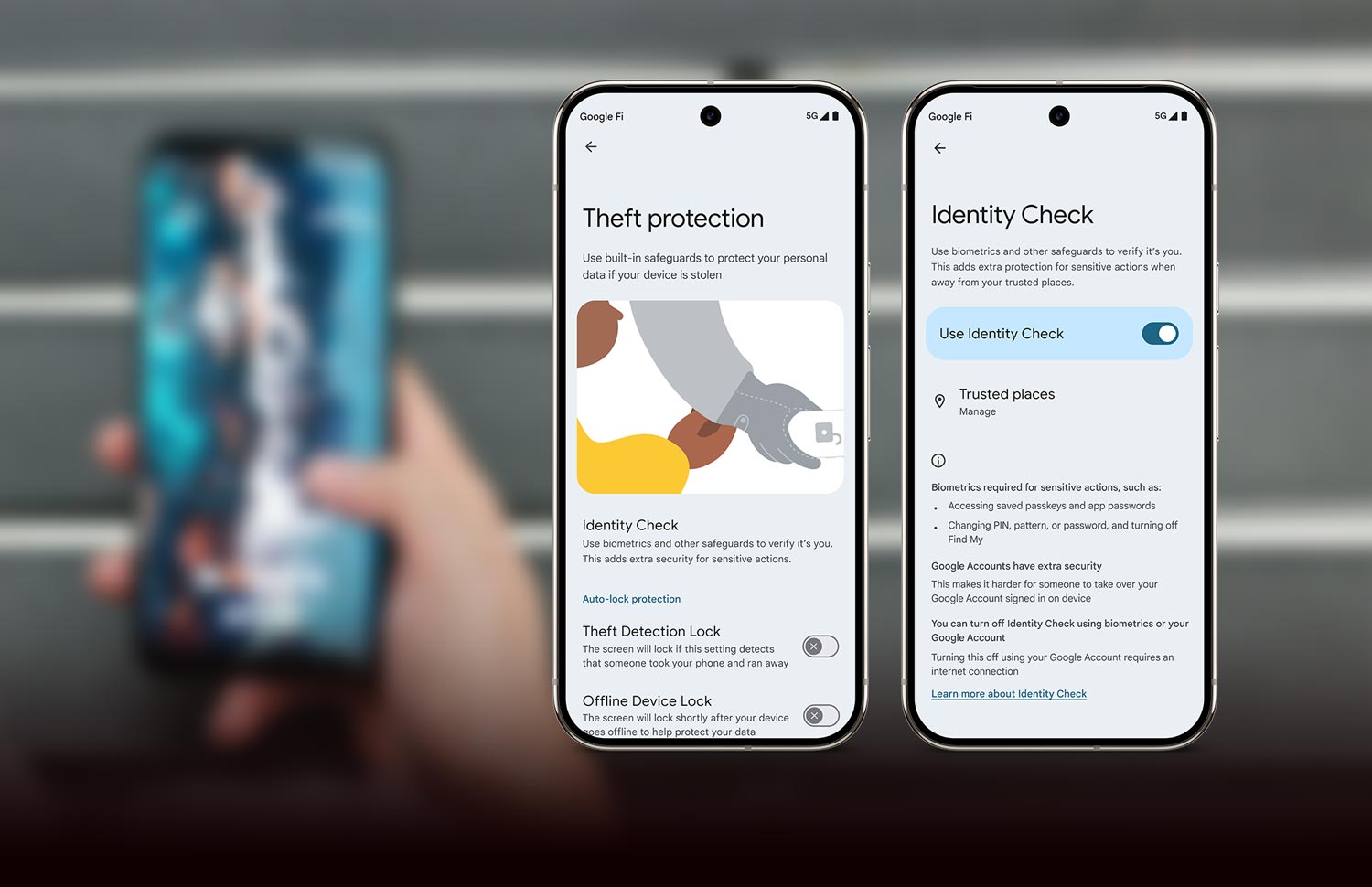Google introduces a groundbreaking feature for Android users, aimed at redefining identity security with seamless and robust protection.
Key Points at a Glance
- Android’s ‘Identity Check’ ensures advanced authentication across multiple applications.
- Integrates biometrics, behavioral analysis, and encrypted tokens for enhanced security.
- Simplifies app and service logins without compromising user data privacy.
- Designed to minimize risks of identity theft and fraud.
- Will be available on Android 14 devices by mid-2025.
In an era where digital security is paramount, Google has unveiled the ‘Identity Check’ feature for Android devices, offering users a revolutionary way to safeguard their personal and financial information. This innovative addition promises to enhance security without complicating user experiences, making it an essential upgrade in a world increasingly reliant on mobile devices.
The ‘Identity Check’ feature is a multi-layered authentication system that combines biometric data, behavioral analysis, and secure encrypted tokens. By utilizing these technologies, Android ensures a seamless login experience while providing unparalleled protection against unauthorized access.
This feature will authenticate users across various apps and services, eliminating the need for repeated logins. “We’re combining convenience and top-tier security, removing friction for users while maintaining the highest standards,” said Maria Lopez, Google’s VP of Android Product Management.
How It Works
- Biometric Verification: The system uses facial recognition, fingerprint scanning, or voice authentication as a primary layer of security.
- Behavioral Analysis: Subtle behavioral patterns, such as typing speed or device handling, are analyzed to detect anomalies that might indicate fraud.
- Encrypted Tokens: Secure tokens replace traditional passwords during data transfers, ensuring information remains safe from interception.
Together, these elements make it significantly harder for attackers to breach accounts, even if they obtain physical access to a device.
Google emphasizes that ‘Identity Check’ is built with user privacy in mind. All biometric and behavioral data remain on the device, with no storage on cloud servers. Additionally, the encrypted tokens ensure that sensitive details are not exposed during authentication processes.
“With ‘Identity Check,’ your data stays yours,” Lopez explained. “We’ve engineered this feature to meet stringent privacy standards while offering cutting-edge security.”
The rise in phishing attacks, identity theft, and credential leaks has highlighted the need for robust authentication mechanisms. ‘Identity Check’ aims to tackle these challenges head-on. By leveraging advanced machine learning, the system identifies and neutralizes potential threats in real time.
Early testing has shown a dramatic reduction in successful phishing attempts, making Android devices far more resilient against cyberattacks. Security experts are optimistic about its potential. “This is a game-changer,” noted Alex Hayes, a cybersecurity consultant. “By integrating behavioral analysis with biometrics, Google is setting a new benchmark for mobile security.”
The ‘Identity Check’ feature will debut on devices running Android 14, starting in mid-2025. Google plans to roll out the feature globally, with initial compatibility for flagship smartphones from major manufacturers.
Developers are already being encouraged to integrate ‘Identity Check’ APIs into their apps, paving the way for widespread adoption. Google’s Android team has provided comprehensive resources to ensure seamless integration.
As cybersecurity threats continue to evolve, features like ‘Identity Check’ represent a critical step forward. By blending cutting-edge technology with a user-centric approach, Google aims to make digital interactions safer and more efficient.
The introduction of ‘Identity Check’ underscores Android’s commitment to innovation and security, setting a new standard for mobile operating systems. With this feature, users can look forward to a future where their identities are protected like never before.
